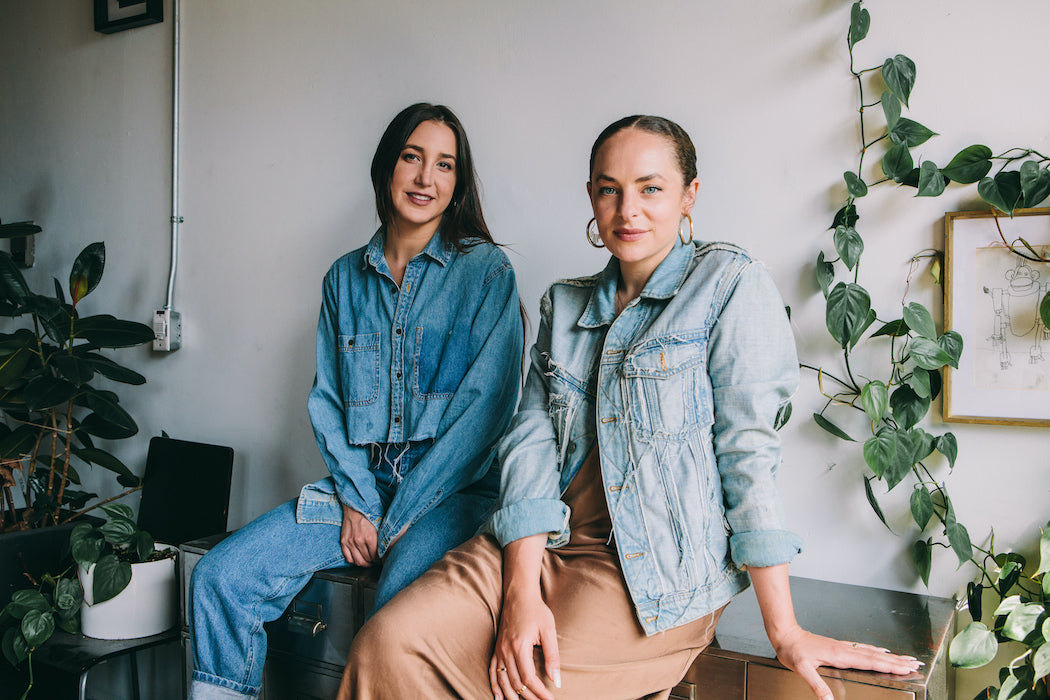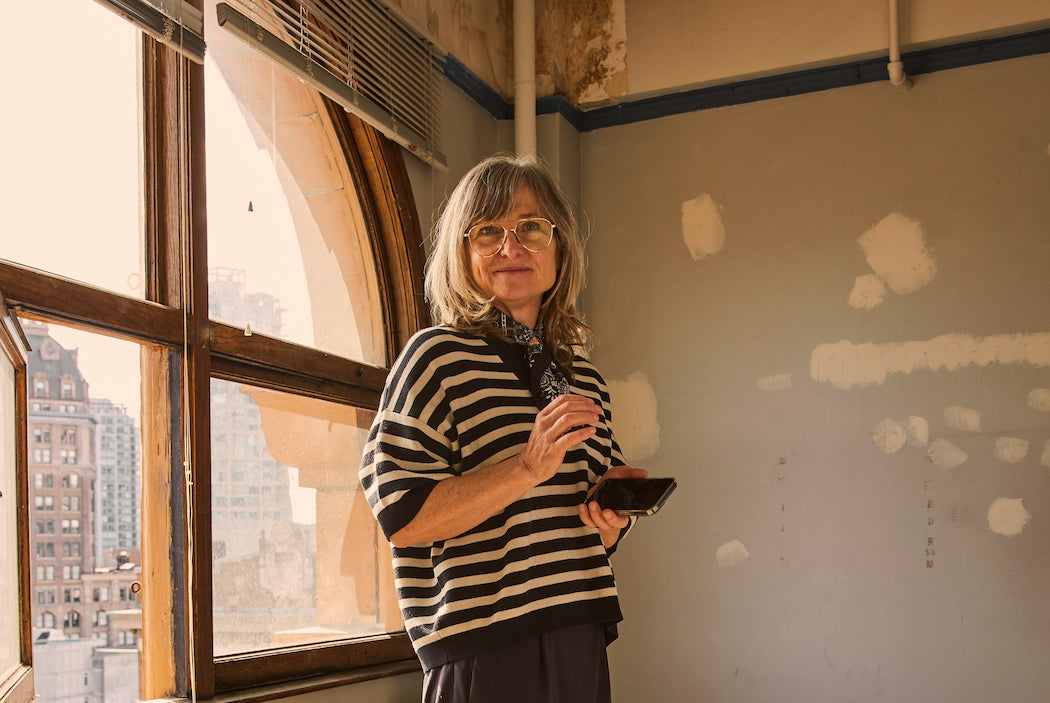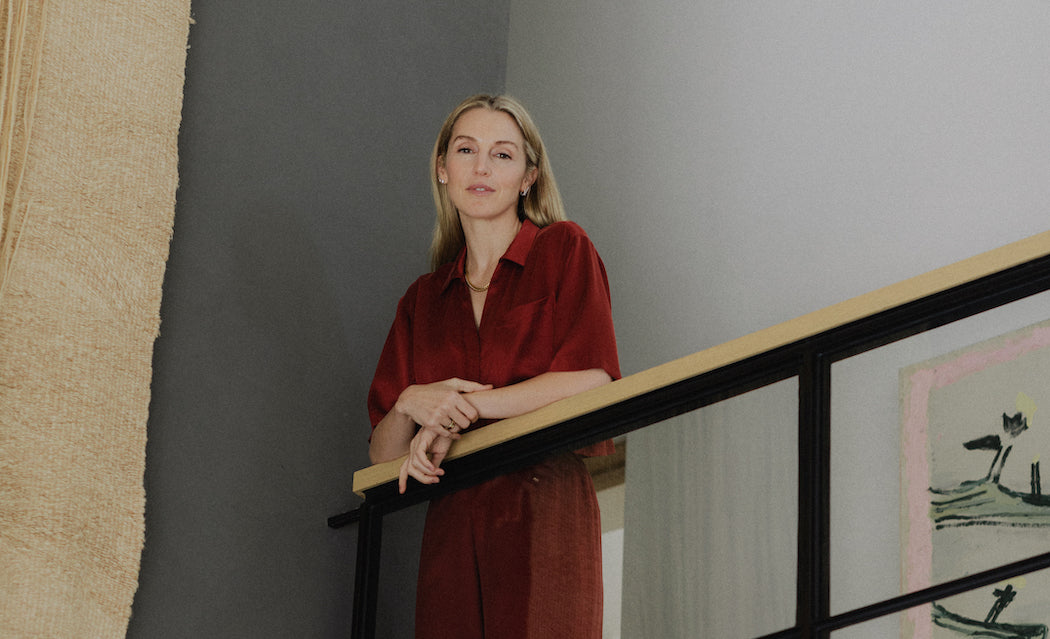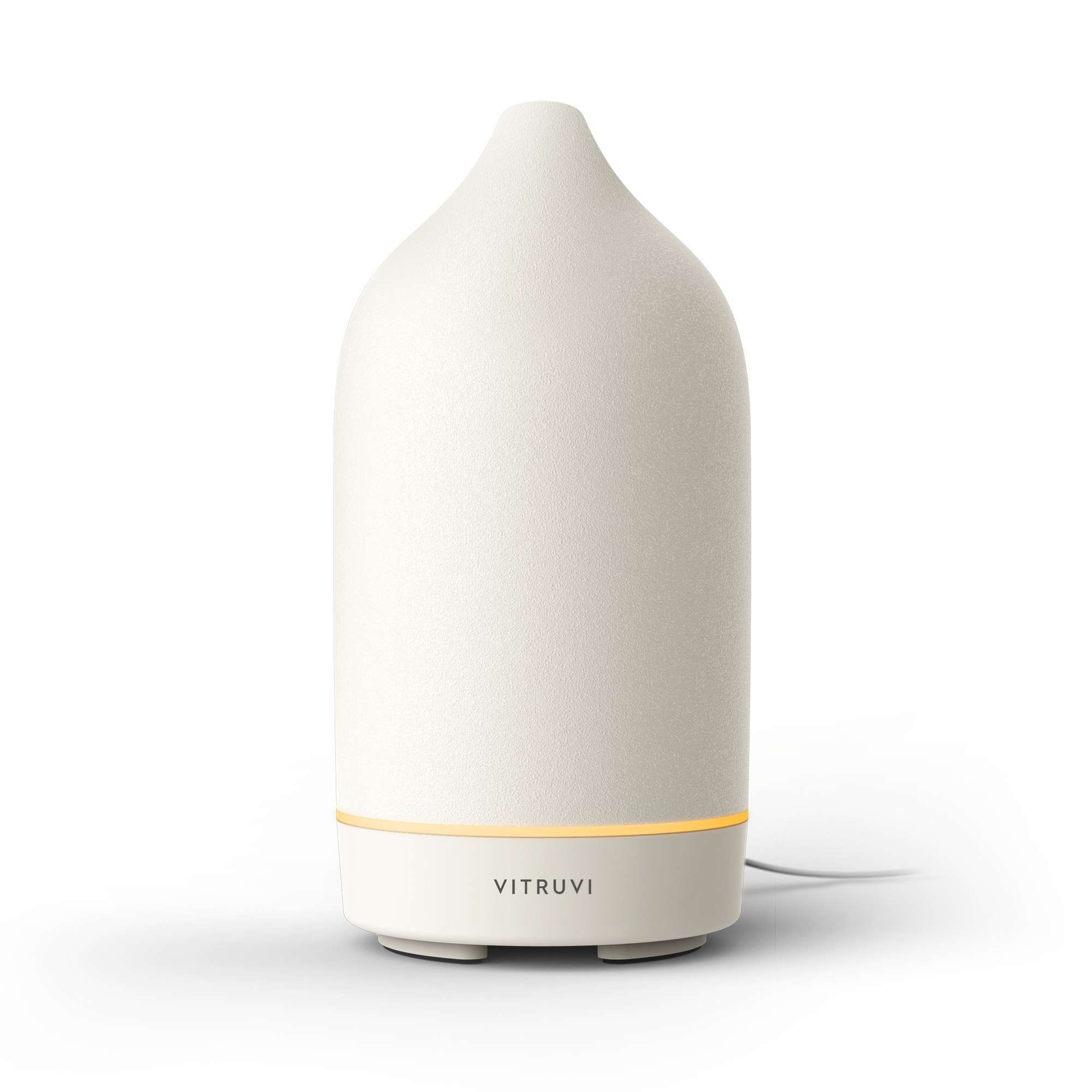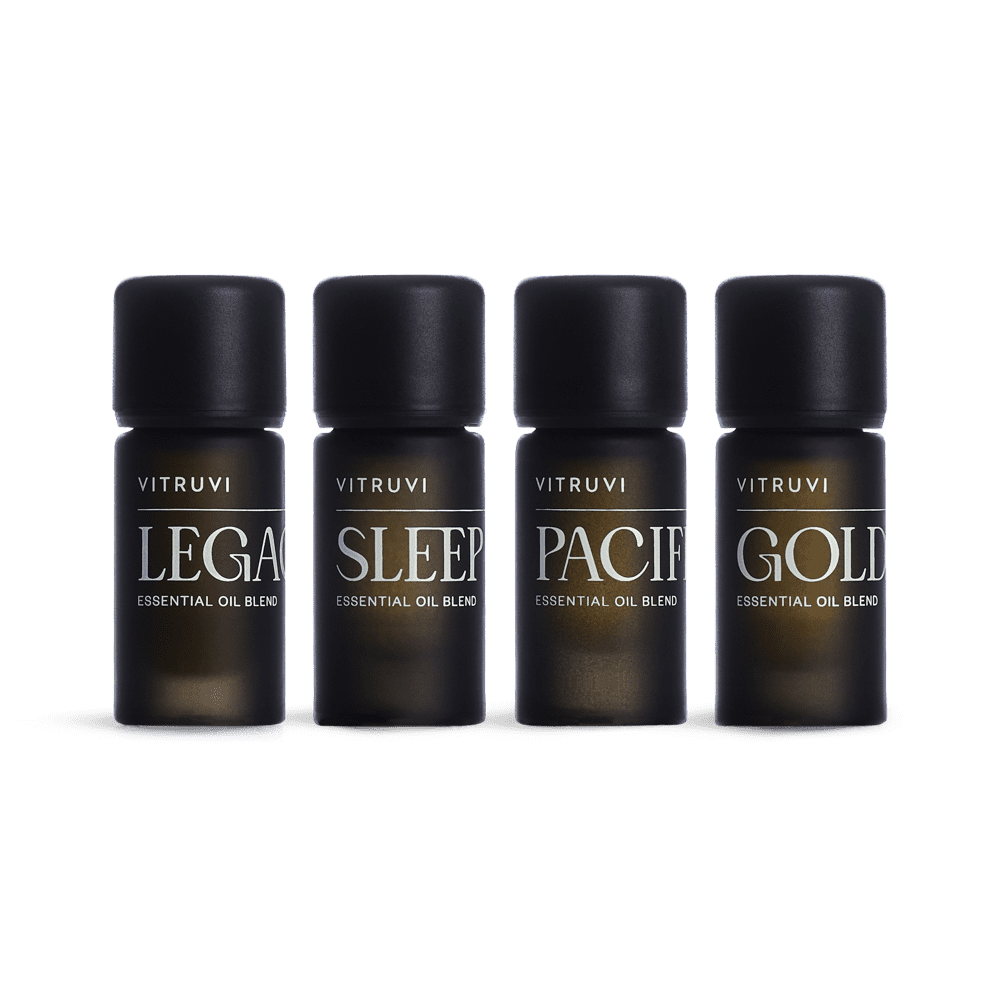Like a carefully-tended garden, the cannabis industry is blossoming. From media to merchandise to edibles, there’s been a not-so-subtle shift in the rhetoric surrounding this green plant. And at the forefront of this growth lies a group of female entrepreneurs focusing on wellness, self-care, and education; brands like Cannaclusive (facilitating fair representation of minority cannabis consumers) and Miss Grass (a curated shop and magazine dedicated to cannabis culture) spark a positive narrative, helping the industry grow. Inspired to create high-quality products and experiences, many savvy trailblazers are examining everything cannabis has to offer. Here are four companies paving the way.
Gossamer
For Gossamer magazine co-founder and New York-based entrepreneur Verena von Pfetten, the decision to launch a magazine focusing on cannabis was not an easy one. Originally from Vancouver, von Pfetten has smoked weed for about 20 years now. When her good friend and former Huffington Post colleague David Weiner broached the subject of creating something within the cannabis space, she looked at him like he was crazy. Both had worked in the digital media world for over a decade, and she had worked with platforms such as Into the Gloss, Man Repeller, and Instagram. At the time, von Pfetten was consulting for Condé Nast and taking meetings with Anna Wintour; she worried that launching a magazine about weed would be career suicide.
“I’m someone with a strong network and professional reputation. I’m a hard worker and I happen to smoke weed. Why is that so bad?” asks von Pfetten. “Thinking about my fear around doing this and what people would say, I realized that if that’s how I felt with all the privileges of my background, what does that mean for someone who doesn’t look like me?”
With Gossamer, von Pfetten and Weiner were galvanized to change the conversation surrounding cannabis and to build a more inclusive industry. The first issue of the bi-annual print magazine (also available digitally) was published in 2018; von Pfetten says it is for “people who have a relationship with cannabis in some form or another, but aren’t defined by it.” Offering long-form features, interviews, and sumptuous photo essays, Gossamer presents as a book of well-curated content and dreamy artwork.
“We want to offer a safe entry point into the conversation and create a space for people to have the best experience they possibly can,” adds von Pfetten. “The people we profile are sometimes celebrities or influencers, but sometimes it’s someone who is just deeply interesting—the person you’d want to sit next to at a dinner party.”
Potli
When Christine Yi and Felicity Chen were preparing to go into business together, they found inspiration from family. At the time, Chen’s father was beekeeping and harvesting honey from his own hives to treat her mother, who suffered from asthma that was often allergy-triggered.
“Honey in ancient Ayurvedic medicine is a powerful vessel for herbal remedies. What’s also interesting is that cannabis is helpful for asthma and inflammation,” says Yi. “Yet, our mothers, who are Asian-American immigrants, would never smoke the plant. So, edibles became intriguing to us because they truly are the gateway to the gateway.”
The San Francisco-based duo began infusing honey with cannabis, and still harvest the golden liquid from Chen’s father’s hives today. The Potli brand was launched in 2018 and now offers items for a “CBD-enhanced kitchen pantry" such as raw wildflower honey, cold-pressed extra virgin olive oil, chilli oil, apple cider vinegar, and sriracha. The hemp side of Potli offers products with less than 0.3 per cent THC (which is federally allowed in America), but there is also the option to purchase cannabis-infused products, which are available in dispensaries across California. According to Yi, the world of edibles—often available as sweet confections—was overdue for an upgrade.
“There seems to be low standards for edibles—like if it’s tolerable and doesn’t taste bad, it is considered good,” says Yi. “For us, getting these intrinsically healthy and super high-quality ingredients is really important. Our olive oils and honey are straight from the plants, and we focus on California-based ingredients, low processing, and simplicity.”
Prismatic Plants
San Francisco-based entrepreneur Sarah Polansky launched Prismatic Plants in 2019 after confronting her own struggles with chronic illness. Previously, she worked in a busy consulting job, battled stress and illnesses, and found little relief from Western medicine. Polansky could not help but notice she was surrounded by female colleagues who were also dealing with similar issues. Interested in alternative methods for healing, she began researching cannabis and plant-based medicine. After a lengthy stint finalizing formulas with a team of experts, she launched Prismatic Plants featuring Good Day and Good Night adaptogen elixirs. The formulas support everything from clarity, to focus, to the ability to rest calmly without side effects.
“I came at this from the perspective of being wowed by the healing properties of cannabis and CBD specifically, and set out to create a company that was combining traditional Chinese plant-based medicine with the new world of cannabis,” says Polansky. “The challenge was taking water-soluble compounds from these medicinal herbs and combining that with the healing benefits of cannabis. It was a long and difficult process. To me, that is the secret sauce behind the company.”
Good Day and Good Night contain less than 0.3 per cent THC. It is not stripped out completely, because Polansky says the cannabinoids work best synergistically in tandem and that there are healing benefits to THC as well as CBD.
“I don’t think cannabis is a miracle drug, but it is a powerful plant-based medicine that can be utilized for a variety of modern issues such as stress, lack of exercise, and poor eating,” explains Polansky. “It’s about cultivating a practice to manage stress and find balance. It’s one tool in your wellness basket in the pursuit of feeling better.”
Sackville & Co.
Hayley Dineen and Lana Van Brunt are both proud cannabis consumers, but feel that the experience is still surrounded by stigma. The New York-based entrepreneurs launched Sackville & Co. in 2018 to provide high-end homewares and apparel to enhance the experience of consumption. From luxury sweat-suits to elegant smoking accessories, Sackville & Co. offers pieces designed to be cherished.
“Previously, there was no pride being taken in consumption. A grinder or a pipe would be hidden in a drawer,” says Dineen. “We offer items that you can proudly display when they’re not in use, because they add value and bring joy.”
Van Brunt and Dineen are pleased to see other female-founded cannabis brands emerging. With a goal of demystifying the industry, the cofounders hope to see more women join the dialogue.
“Especially for women, there’s a stigma attached, and we need to hear the stories of people championing their experiences,” says Van Brunt. “The more we see each other normalize cannabis, the more we can move forward. Everything has to happen in parallel—the science, the conversations—and allow each person the opportunity to explore it for themselves.”

